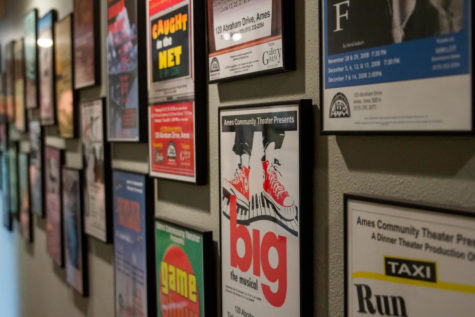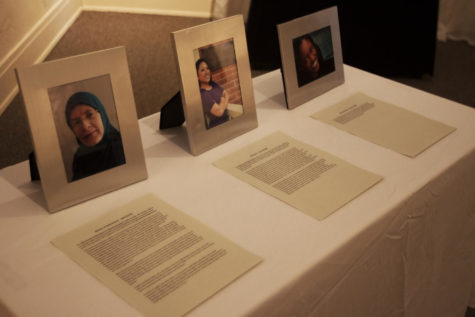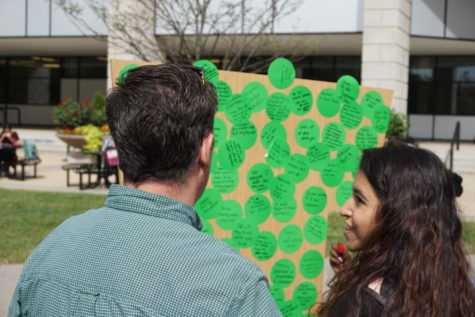Fun still needs to be responsible
June 28, 2017
Maybe it’s a stereotype, but no one is surprised when students become involved in college parties and drinking, even when first starting college. The idea that students just looking for fun look for it in the form of drinking is an example of an alcohol culture.
Different cultures address alcohol differently – but for college students, it’s usually considered a way to have fun. For some, it’s the only way to have fun.
The college alcohol culture has always been persistent in many forms throughout the years. But there is a dark side to the “just for fun” alcohol culture. Many students, instead of casual drinking, usually engage in binge drinking, especially when they find themselves in a party environment.
Casual drinking is also known as social drinking, and is usually considered to mean alcohol is being consumed, but without the intention of getting drunk. Binge drinking is the excessive consumption of alcohol in a relatively short period of time, usually with the intention of getting drunk.
Did you know? According to a national survey reported by the National Institute on Alcohol Abuse and Alcoholism, almost 60 percent of college students ages 18–22 drank alcohol in the past month, and almost two out three of these students engaged in binge drinking during that same timeframe.
Along with the party environment peer pressure can also be a factor that leads students to engage in binge drinking. This peer pressure can be very influential, especially for college freshmen who are trying to fit in. But just because you aren’t a freshmen doesn’t mean that pressure goes away. As peers age, friend groups will often go through a new round of pressure when reaching the legal consumption age.
“The first six weeks [of the school year] are a vulnerable time for heavy drinking and alcohol-related consequences because of student expectations and social pressures at the start of the academic year,” said the National Institute on Alcohol Abuse and Alcoholism.
Many don’t consider the consequences of binge drinking, especially as young students. It can lead to a higher chance of driving under the influence, health problems and academic problems.
“Never feel you need to drink at a party,” fellow Iowa State student, Nayelie Valenzuela, said. “If you don’t want to drink, it’s okay. If they don’t respect that then that party is not worth it. But also don’t brag about how you can still party without getting drunk. It’s a buzzkill.”
Luckily, Iowa State offers helpful resources for students who have questions about alcohol culture or just need someone to talk to. The Wellness Center in Friley Hall is one of those places.
Incoming freshmen are required to complete the AlcoholEdu program before classes start so students are aware of not only the consequences of alcohol abuse, but how to safely drink.
Alcohol is a drug, and intentionally consuming too much can lead to alcohol poisoning – think of it like an overdose. Understanding portions and how they change depending on the type of alcohol is important for safe drinking.
















